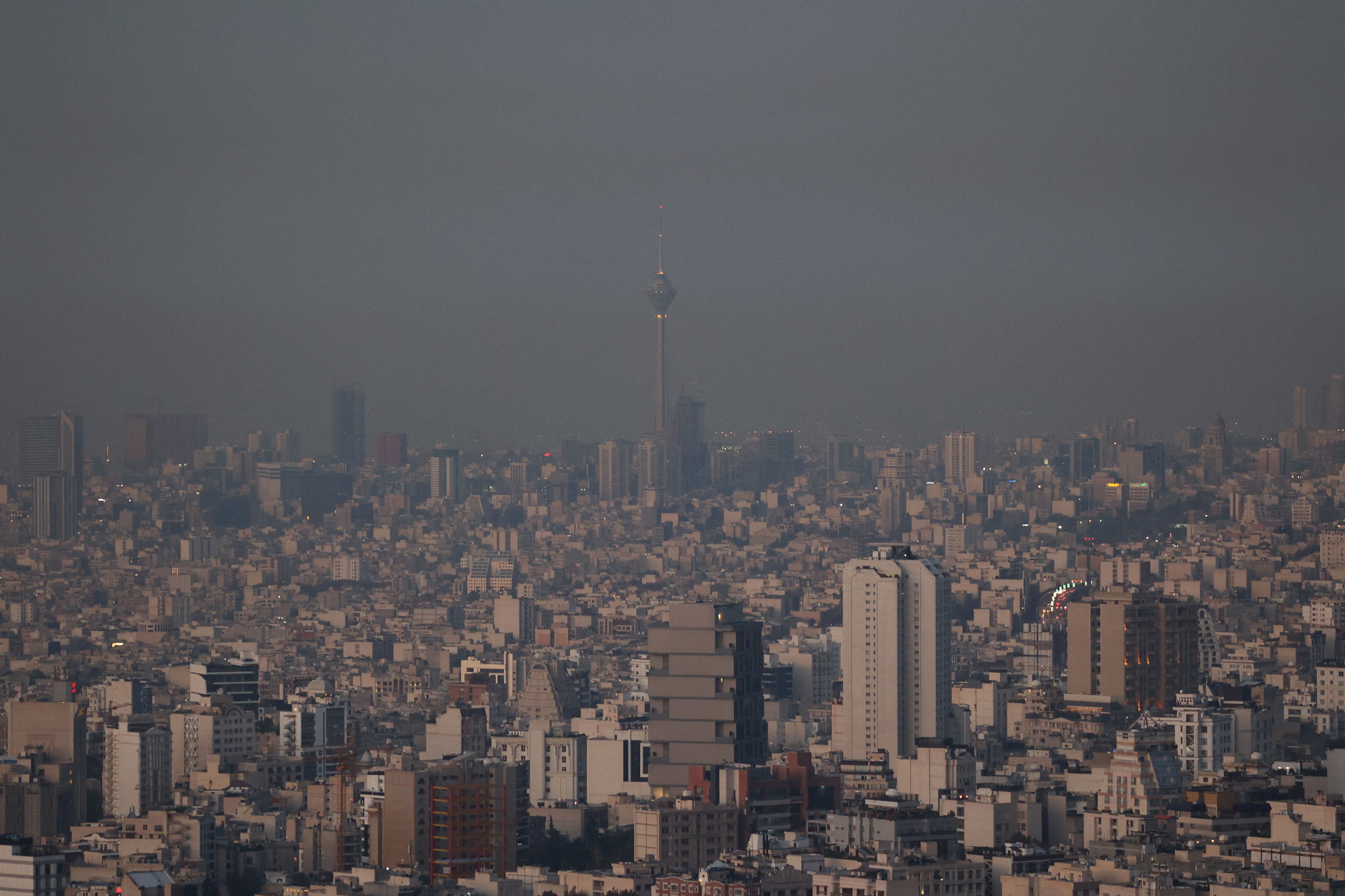By Parisa Hafezi and Emily Rose
Israel bombed military sites in Iran early on Saturday, but its retaliation for an Iranian attack this month did not target the most sensitive oil and nuclear facilities and drew no immediate vows of vengeance.
The risk of a wider conflagration between heavily armed Israel and Iran has convulsed a region already on fire with warfare in Gaza and Lebanon, but Tehran’s initial response appeared muted.
Israel’s military said scores of jets had completed three waves of strikes before dawn against missile factories and other sites near Tehran and in western Iran, and warned its heavily armed arch-foe not to hit back.
Iran said its air defences had successfully countered the attack but four soldiers were killed and some locations suffered “limited damage”. A semi-official Iranian news agency said there would be a “proportional reaction” to the Israeli strikes.
Tensions between Iran and Israel have grown rapidly since the Oct. 7, 2023 attack on Israel by Iran-backed Hamas, raising fears of a wider regional conflict that could drag in global powers and imperil world energy supplies.
Fears of an escalation have increased since Oct. 1 when Iran launched about 200 ballistic missiles at Israel, killing one person in the Israeli-occupied West Bank, in response to earlier Israeli moves.
Worsening conflict in Lebanon, where Israel is waging an intense campaign against Iran’s main regional ally Hezbollah to stop it firing rockets into northern Israel, has raised the temperature still further.
The United States and other countries have urged an end to the cycle of confrontation, with a senior American official saying “this should be the end of it”.
Tehran’s Foreign Ministry said Iran was “entitled and obligated” to defend itself, but added that it “recognises its responsibilities towards regional peace and security”, a more conciliatory statement than after previous bouts of escalation.
Two regional officials briefed by Tehran told Reuters that several high-level meetings were held in Tehran to determine the scope of Iran’s response. One official said the damage was “very minimal” but added that several Revolutionary Guards bases in and around Tehran were also hit.
Iranian news sites aired footage of passengers at Tehran’s Mehrabad Airport, seemingly meant to show there was little impact.
Israel’s military, signalling it did not expect an immediate Iranian response, said there was no change to public safety restrictions across the country.
‘MESSAGE TO IRAN’
Beni Sabti, an Iran expert at Tel Aviv’s Institute for National Security Studies, said the Israeli strike had appeared designed to give Tehran an opportunity to avoid further escalation.
“We see that Israel wants to close this event, to pass this message to Iran that it is closed and we don’t want to escalate it,” he said.
Videos carried by Iranian media showed air defences continuously firing at apparently incoming projectiles in central Tehran, without saying which sites were coming under attack.
Israel’s military said its jets had struck missile manufacturing facilities and surface-to-air missile arrays, and safely returned home.
“If the regime in Iran were to make the mistake of beginning a new round of escalation, we will be obligated to respond,” the military said.
Israel notified the U.S. before striking, but Washington was not involved in the operation, a U.S. official told Reuters. Targets did not include energy infrastructure or Iran’s nuclear facilities, a U.S. official said.
U.S. President Joe Biden had warned that Washington, Israel’s main backer and supplier of arms, would not support a strike on Tehran’s nuclear sites and had said Israel should consider alternatives to attacking Iran’s oil fields.
Arab states situated between Israel and Iran have been particularly worried that use of their airspace could prompt retaliation against them.
Jordanian television quoted a source in the country’s armed forces as saying no military planes had been allowed through its airspace. A Saudi official also said that Saudi airspace had not been used for the strike.
A regional intelligence source said Israeli jets had flown across southern Syria, emitting sonic booms near the Jordanian border, and then across Iraq.
Saudi Arabia, which has mended fences with Iran after years of regional rivalry, and had been edging towards better ties with Israel before the war in Gaza, condemned the attack as a violation of Iranian sovereignty and international law.
LEBANON CONFLICT
In Lebanon, Hezbollah said on Saturday it had launched a drone attack at Israel’s Tel Nof airbase south of Tel Aviv and targeted an intelligence base in northern Safed with rockets.
Israel said it had struck Hezbollah facilities in Beirut’s southern Dahiyeh suburb including a weapons-making site and an intelligence headquarters.
The conflict in Lebanon, which has greatly intensified in recent weeks, has also led to strikes on sites linked to Iran and Hezbollah in Syria.
Israel launched airstrikes against some military sites in central and southern Syria early on Saturday, Syrian state news agency SANA reported. Israel has not confirmed striking Syria.
Efforts to secure a ceasefire and hostage-release deal in Gaza, which could help cool the wider conflict, are expected to resume in Doha when negotiators fly there on Sunday.







Click here to change your cookie preferences